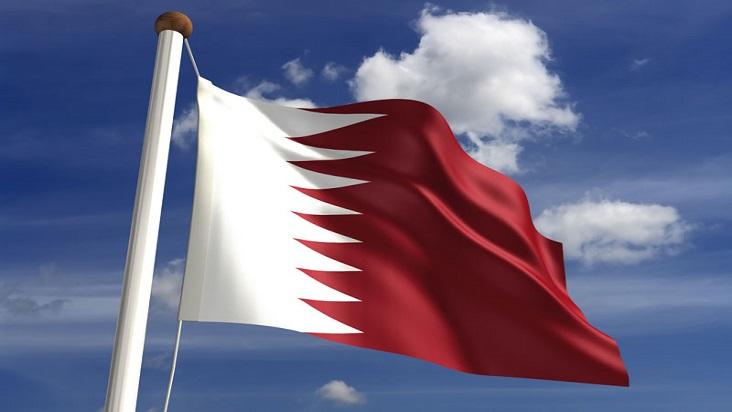Qatar aims for African influence
January 12, 2019 | Expert Insights

Qatar has joined the global powers and nations that are working to increase their influence on the African continent, opening its taps for aid and cooperation.
Background
Qatar is a country located in Western Asia, occupying the small Qatar Peninsula on the north-eastern coast of the Arabian Peninsula.
In the 21st century, Qatar emerged as a significant power in the Arab world both through its globally expanding media group, Al Jazeera Media Network and reportedly supporting several rebel groups financially during the Arab Spring.
The ongoing diplomatic crisis began in June 2017, when Saudi Arabia, United Arab Emirates, Bahrain, Egypt, the Maldives, Mauritania, Senegal, Djibouti, Comoros, Jordan, the Tobruk-based Libyan government, and the Hadi-led Yemeni government severed diplomatic relations with Qatar and banned Qatar airplanes and ships from entering their airspace and sea routes along with Saudi Arabia, who blocked the only land crossing.
The Saudi-led coalition cited Qatar's alleged support for terrorism as the main reason for their actions, insisting that Qatar has violated a 2014 agreement with the members of the Gulf Cooperation Council (GCC). Saudi Arabia and other countries have criticized Al Jazeera and Qatar's relations with Iran.
Qatar has since looked to expand its diplomatic alliances with other countries in the Middle East and Asia as a counterweight to the ongoing blockade imposed by the GCC countries. Much like Russia, Qatar is looking to resource-rich, capital-deficient countries to invest in and secure a strong diplomatic and trade alliance.
Analysis
Qatar has pledged to increase its foreign investments to Africa despite the ongoing diplomatic stand-off with Saudi Arabia and UAE. In two days of diplomatic and financial overtures at the Doha Forum, a Davos-style gathering in the Qatari capital to discuss business and global affairs, Qatar demanded the 18-month blockade against it be lifted.
The small, but the gas-rich nation has increased efforts to show it is a force for good in international security since its Gulf Arab neighbours imposed a diplomatic and economic boycott on it in June 2017, accusing it of supporting terrorism. Qatar is the world’s biggest liquefied natural gas (LNG) exporter.
This week, the rich Gulf nation airlifted 24 armoured vehicles to Mali, in a move it said would help the countries of the African Sahel region combat terrorism. Qatari military planes delivered the vehicles, its foreign ministry said, adding the shipment would help “combat terrorism and establish security not only in the Republic of Mali but also in the African Sahel countries known as the G5.”
The G5 of Mali, Niger, Burkina Faso, Chad and Mauritania last year created a military task force to root out jihadist violence.
Last week, Qatar’s Emir Sheikh Tamim bin Hamad Al Thani called his counterpart, Omar al-Bashir to express his support, in the wake of anti-government protests. “During the call Sheikh Tamim declared that his country stood with Sudan and was ready to offer all that was necessary to help Sudan overcome this ordeal, stressing his keenness for the stability and security of Sudan,” said a statement from the Sudanese presidency.
In April 2018, Qatar sought to take advantage of a fallout between Somalia and the United Arab Emirates, by providing logistical support to regional state administrations.
In December 2018, the Emir of Qatar visited six Africa nations; Senegal, Guinea-Conakry, the Republic of Mali, the Republic of Cote d’Ivoire, the Republic of Burkina Faso and the Republic of Ghana.
Qatar sought to seek out new markets and diversify its economy, following the Gulf blockade. This month, the Confederations of African Football announced that Qatar will host the 2018 Super Cup final between Esperance of Tunisia and Moroccan side Raja Casablanca. It will be the first time African teams play a competitive fixture outside the continent.
Assessment
Our assessment is that Qatar is beginning to utilise its vast economic wealth to purchase valuable influence over resource-rich African countries. We believe that this “cheque-book diplomacy” is a prudent strategy for a wealthy nation like Qatar to adapt and we also feel that by diversifying its investments, Doha is also preventing the overdependence of its economy on petroleum-based products.








Comments